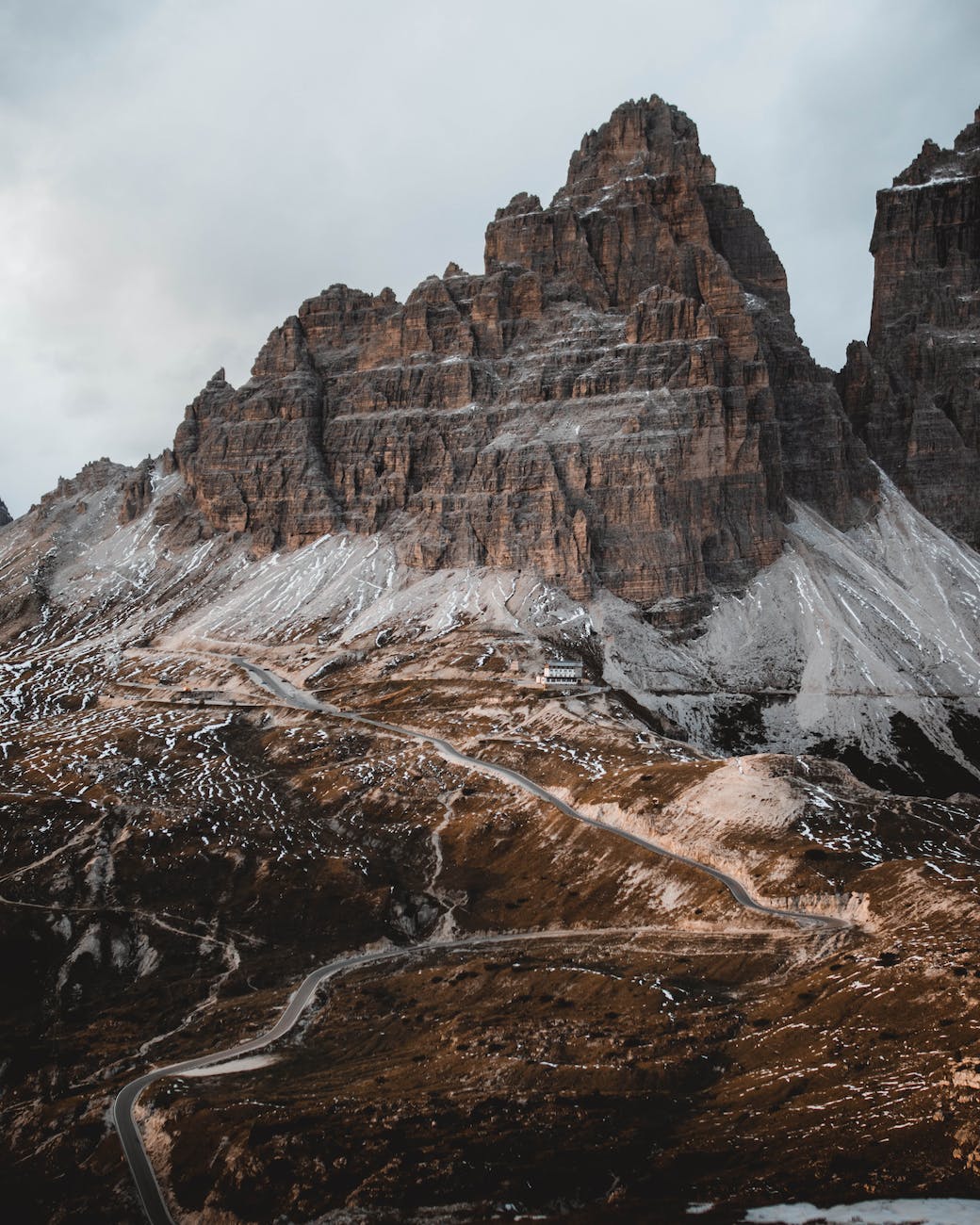Recently, I got the opportunity to take part in a quiz competition organized by the women’s ministry in my church. The focus was on hidden heroines in the Bible. The Bible is not a misogynistic book. In fact, from the beginning to the end, we see different women in different positions. God made the male and the female and He loves both genders equally. For the next few weeks, we shall spend time studying the lives of some women in the Bible. We will consider the good, better and the best of women, and the bad, worse, worst of women mentioned in the Bible. Each character presents an opportunity for us to learn. It could be a new knowledge to attain, or an attitude to avoid. No name in the Bible is insignificant. Even those who were considered a bad influence, give us an opportunity to avoid certain character traits.
The man said, “This is now bone of my bones and flesh of my flesh; she shall be called ‘woman,’ for she was taken out of man.” (Genesis 2:23)
On the sixth day of creation, God made mankind. The Genesis 1 verse 27 accounts states that, “So God created mankind in his own image, in the image of God he created them; male and female he created them.” The first lesson here is that both males and females are God’s creation and both received God’s blessing, the command to be fruitful and the mandate to have dominion over creation: “God blessed them and said to them, “Be fruitful and increase in number; fill the earth and subdue it. Rule over the fish in the sea and the birds in the sky and over every living creature that moves on the ground.” (Genesis 1:28)
The Genesis 2 account of creation specifically presents the step by step creation process. Let’s look at the following verses:
“Then the Lord God formed a man from the dust of the ground and breathed into his nostrils the breath of life, and the man became a living being. The Lord God said, “It is not good for the man to be alone. I will make a helper suitable for him.” So the man gave names to all the livestock, the birds in the sky and all the wild animals. But for Adam no suitable helper was found. So the Lord God caused the man to fall into a deep sleep; and while he was sleeping, he took one of the man’s ribs and then closed up the place with flesh. Then the Lord God made a woman from the rib he had taken out of the man, and he brought her to the man. The man said, “This is now bone of my bones and flesh of my flesh; she shall be called ‘woman,’ for she was taken out of man.” (Genesis 2:7, 18, 20-23)
From these verses, we identify that God saw the need for man (the male person) to have a helper. Thus, the woman came to fulfill a need. Woman was taken from the man, she is a bona-fide part of the man. She was presented to the man and the man named her woman because she was taken out of man. The female gender has faced a couple of struggles since antiquity. However, we see from today’s memory verse that the man was impressed by his female helper. So why do women still face oppression in modern day societies? We shall consider some biblical principles of building a good character as a female and how to overcome oppression.
No creation of God is worthless, you are here for a purpose. God does not discriminate against genders. He loves the male and he loves the female. If you ever feel less loved, know that your Maker loves you and has made every provision to ensure that you remain in His love. Do you love Him?
Woman: taken out of man
This is now bone of my bones and flesh of my flesh; she shall be called ‘woman,’ for she was taken out of man.










